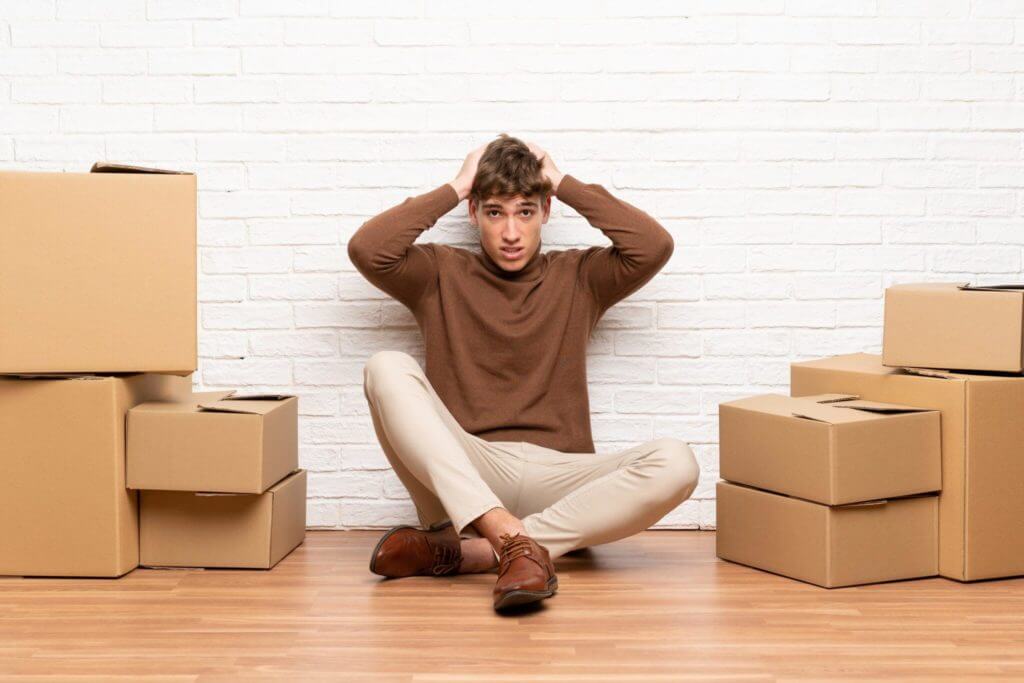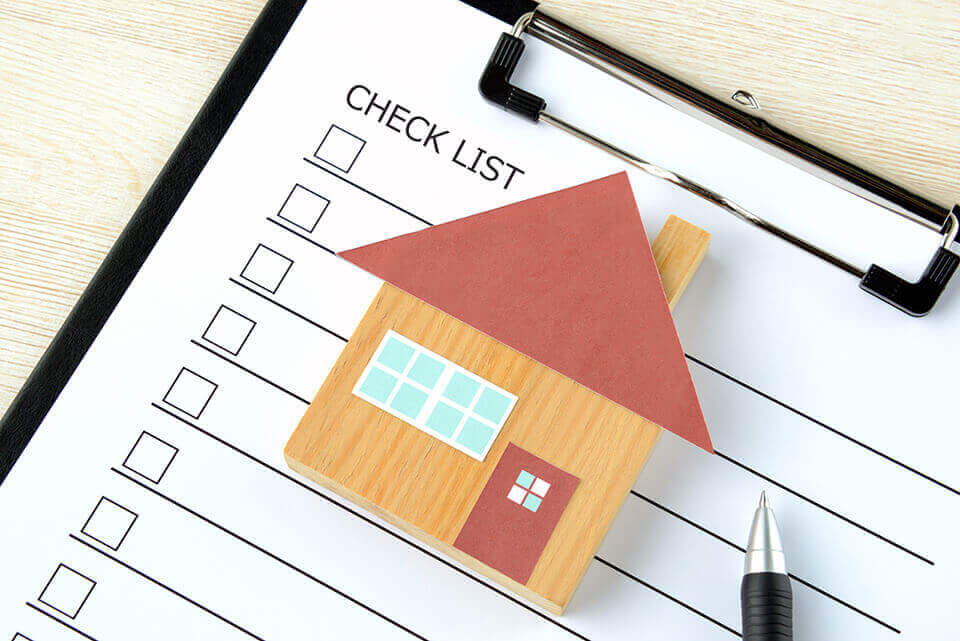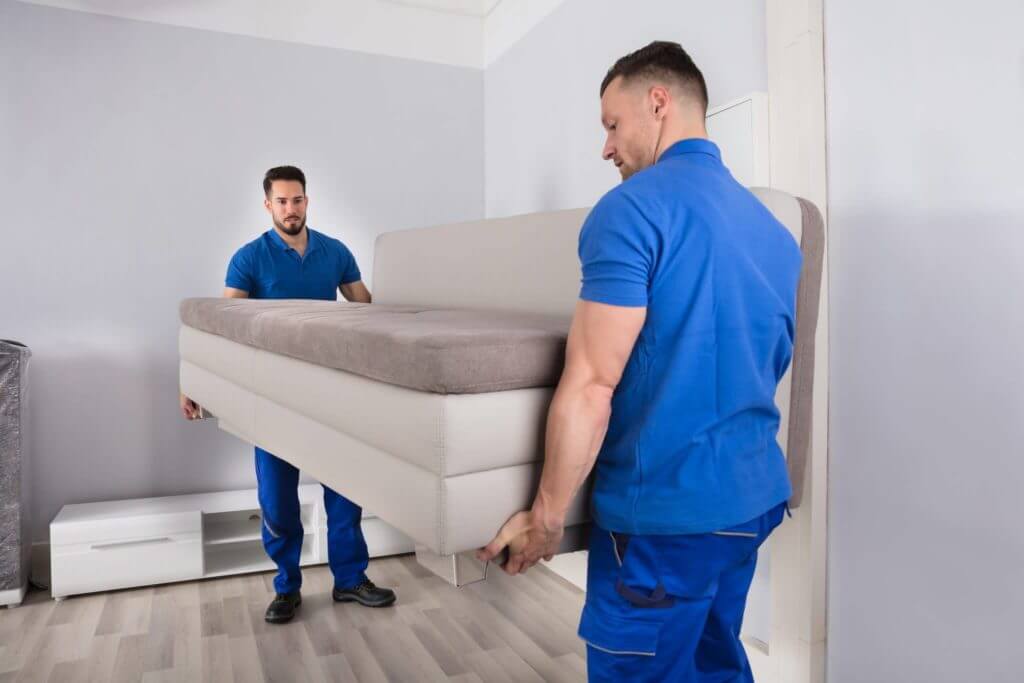Many people dream of living independently and moving into an apartment for the first time, and that’s no wonder – it’s a big and important step! If you are in that situation right now, there is some advice you should take to avoid making a mess or possible miscalculations.


Relocating for the first time can confuse you. Even people who have already moved around can get stuck in some details they haven’t thought through and find themselves in a dead-end street. Luckily, we’re here to help with some useful tips for your first-time relocation – we made a list of what you should and shouldn’t do once you find your new home, along with two bonus checklists!
Relocation is not a piece of cake, especially if you’ve never lived by yourself before. As days go by, you will get a better idea of how to handle all the tasks, but until then, we’re here to help out. Let’s start with the tasks that you need to do before you even move in.
Making a thorough packing plan is a very important step if you don’t want to forget anything. When to start packing for a move? As soon as you know that you are relocating. Start with the stuff you rarely need, for example, clothes you don’t wear frequently or dishes you rarely use. There are a lot of tips on packing, like how to pack glasses for moving or how to pack electronics, so you can check them out if you’re not quite sure how to tackle something. Leave the essentials last so you won’t have to go through the boxes searching for your pajamas.
Mark each box with a label or a certain color, so you’ll have an idea which one contains what when the time comes to unpack. Once you are all packed up, contact a moving company or someone else who can help you relocate your furniture and boxes. Professional movers can disassemble and reassemble all the bigger pieces of furniture, and that will make the process much easier.
Moving trucks are huge, and the street you are relocating to can be narrow, in which case, the truck will not be able to approach the building. That means that the movers will have to carry all the heavy items for some distance, and that might come at an additional cost. Call your future landlord or the manager of the apartment building and ask them how wide the street is and if there is parking available for the truck with your stuff.
Some buildings require elevator reservations from all tenants who are moving in or out, so you have to ask for permission. Otherwise, you could even get charged. If it’s possible, reserve a freight elevator. This part will save you a bunch of time and energy.
Make sure that you learn how everything works in the state you are relocating to. That includes taxes, insurance, banking, and so on. If you’re moving with children, check where the best schools are and what the crime rates are. The commute time is also essential, regardless of whether you are driving to work, walking, or taking a bus. Get to know the public transport as well; it will come in handy.
Since you are relocating cross-country, you might not be in the state to see the apartment for yourself even though that would be the best option. Photos might not be good enough to get the idea of how the place looks, so ask the landlord to take a video or just video-call them. If you happen to know someone in that state, ask them to see the place for you. That way, you’ll have a better idea of what the apartment you will rent really looks like, if it needs tiling, and if there are things that require fixing.
If the place already has all the furniture – great! However, you might want to replace or add something you’d prefer. That’s why you have to ask the landlord (or the person that will do the viewing for you) what the measurements of each room and each door are. It would be a shame to buy something that can’t fit through the door without causing damage or that’s just too big for the room.
Even though the apartment might look tidy, it’s always best to give it a good cleaning before placing your items inside. Mop the floors, vacuum the rugs, look under the bed and the sofa to see if there’s any dust. The kitchen and toilet always need a good scrub and disinfection – and don’t forget to clean the windows as well. You’ll feel much better once you put your clothes into a closet that is neat and tidy.
The first day you come to your new apartment, you’ll find yourself among tons of unpacked boxes. Luckily, they’re all labeled so you won’t have to guess which one to unpack first. The box with the stuff you need at the moment you arrive in your new flat should contain:
After unpacking, make an arrangement and place your stuff where you like.

Many frustrating situations can happen if you do not think the relocation through. You don’t want to go through unnecessary stress, so try to prevent mistakes by not doing the next few things.
The first and most important thing – you do not want to be broke. Once you start living on your own, there’s no one to pay for utilities or to do the taxes for you. All of that will be your task every month. Yep, it is annoying, time-consuming, and sometimes expensive. Check your mailbox regularly and pay your bills on time. Calculate the budget before you pick the apartment – are utility bills plus rent less than 40% of the amount of money you earn monthly? If yes – congratulations! You’ll be able to live without starving. Money gets spent fast, and you won’t even notice what you spent it on. If you end up not being able to pay for everything yourself, consider finding a roommate to split the costs of the rent.
Changing the address can be a tedious task, so don’t take it lightly. Start by verifying the address and the zip code. If you want to do this online, visit the Official USPS Change of Address website, but know that you’ll have to pay a verification fee. There are many institutions that have to be notified that you changed your address. Those are:
All of this can be done in person, by phone, or via email.
Also: keep in mind that you have to update your driver’s license – see if you can do it online on the website of the state you are going to. If you’d like to read an article that explains this more thoroughly, check out our guide to changing your address when moving.
Utilities are sometimes covered by landlords or are already set up by the previous tenant. If they are covered, you can check in your lease agreement which ones are at your cost. Usually, landlords cover water, trash, gas, and electricity. The Internet and cable will be up to you.
If that’s not the case, that means that you’ll have to set up and pay for everything. You can call all utility service providers before you move in and schedule installation dates and times for after the move.
It’s not unusual for us to sometimes forget essential things. When coming to a new home, there’s a lot of stuff you need to think about, but this list will help you as a reminder of these necessities. Don’t forget the following kitchen and toilet essentials:

Items you should buy or prepare to have with you once you enter your new home are easier to keep track of when you have a checklist. The place you’re relocating to might need some repairs, or it might be missing some pieces of furniture. Here are our tips: create two checklists – one for the tasks you should tackle before relocating, and the other one for the stuff you should buy when you arrive.
The first checklist must include:
The second one should include the following:

A good company will make all of this a lot easier since they can provide full, moving services with loading and unloading, packing services, as well as auto transport. Choose the one that offers a flat rate, and ask about the fees or taxes that might not be included in the price. Also, it’s crucial that you do business with someone who is licensed and registered. Knowing how much movers cost ahead of time is important, and the right company will have no extra costs after you pay for the move. They will also keep you updated every day on where your items are.

Relocation can be fun if you make it that way! Sure, it can be stressful as well, but that’s not a norm. If you do everything with thorough planning and with help from friends, family, or a good company, your move will go smoothly. Once you learn how to organize your move, you will easily overcome the moving stress.